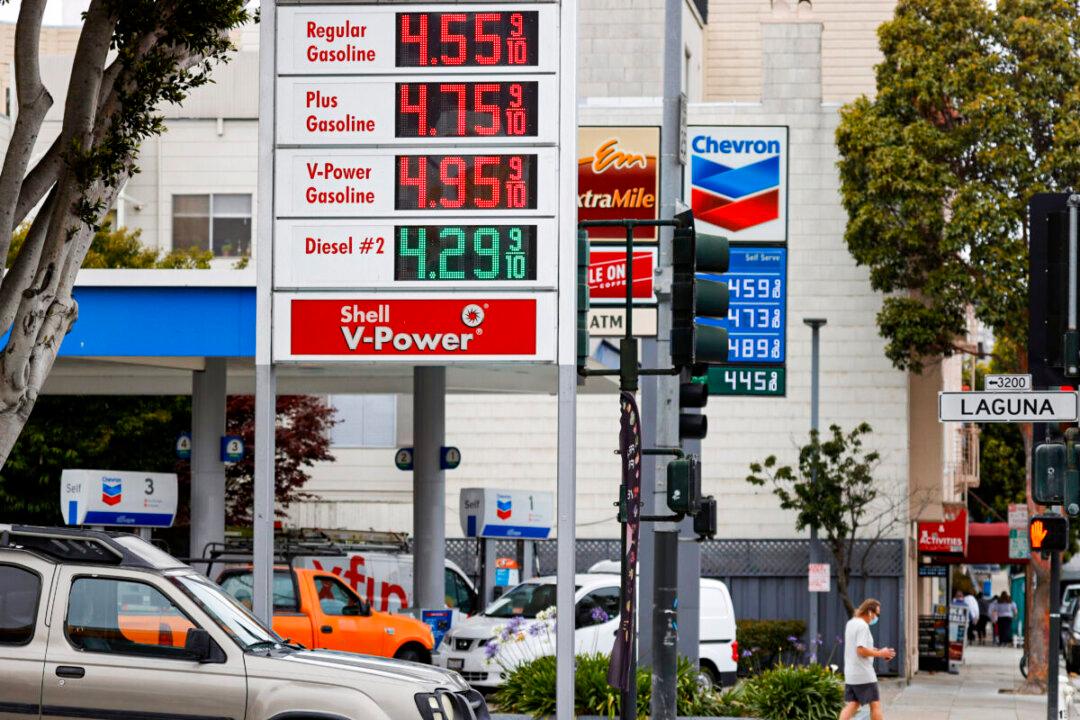Chevron this week released a statement addressing President Joe Biden’s letter to oil companies that suggested he may take executive action amid record-high gas prices.
“We understand the significant concerns around higher fuel prices currently faced by consumers around the country, and the world. We share these concerns, and expect the Administration’s approach to energy policy will start to better reflect the importance of addressing them,” Chevron said in a statement to Biden.





